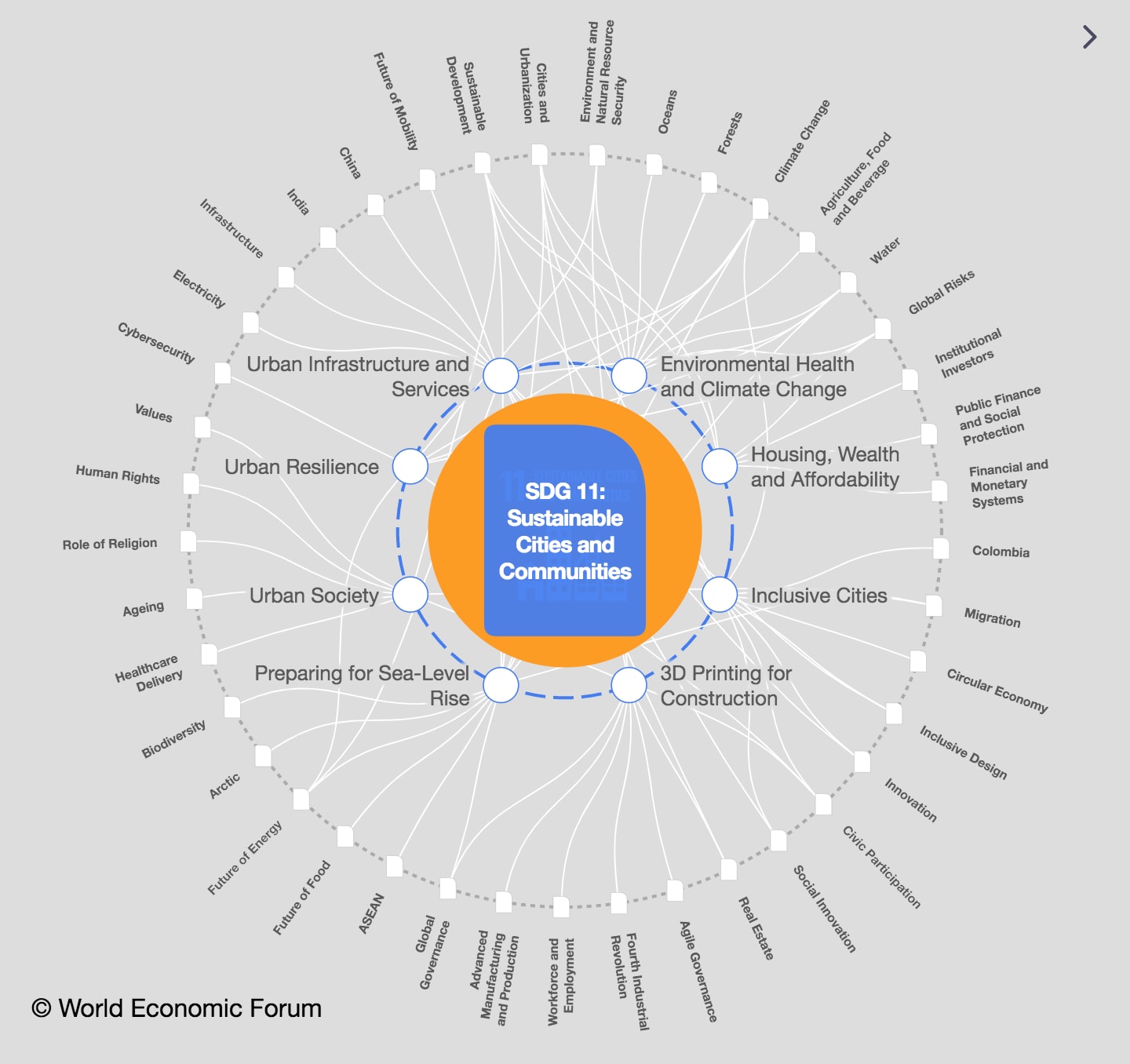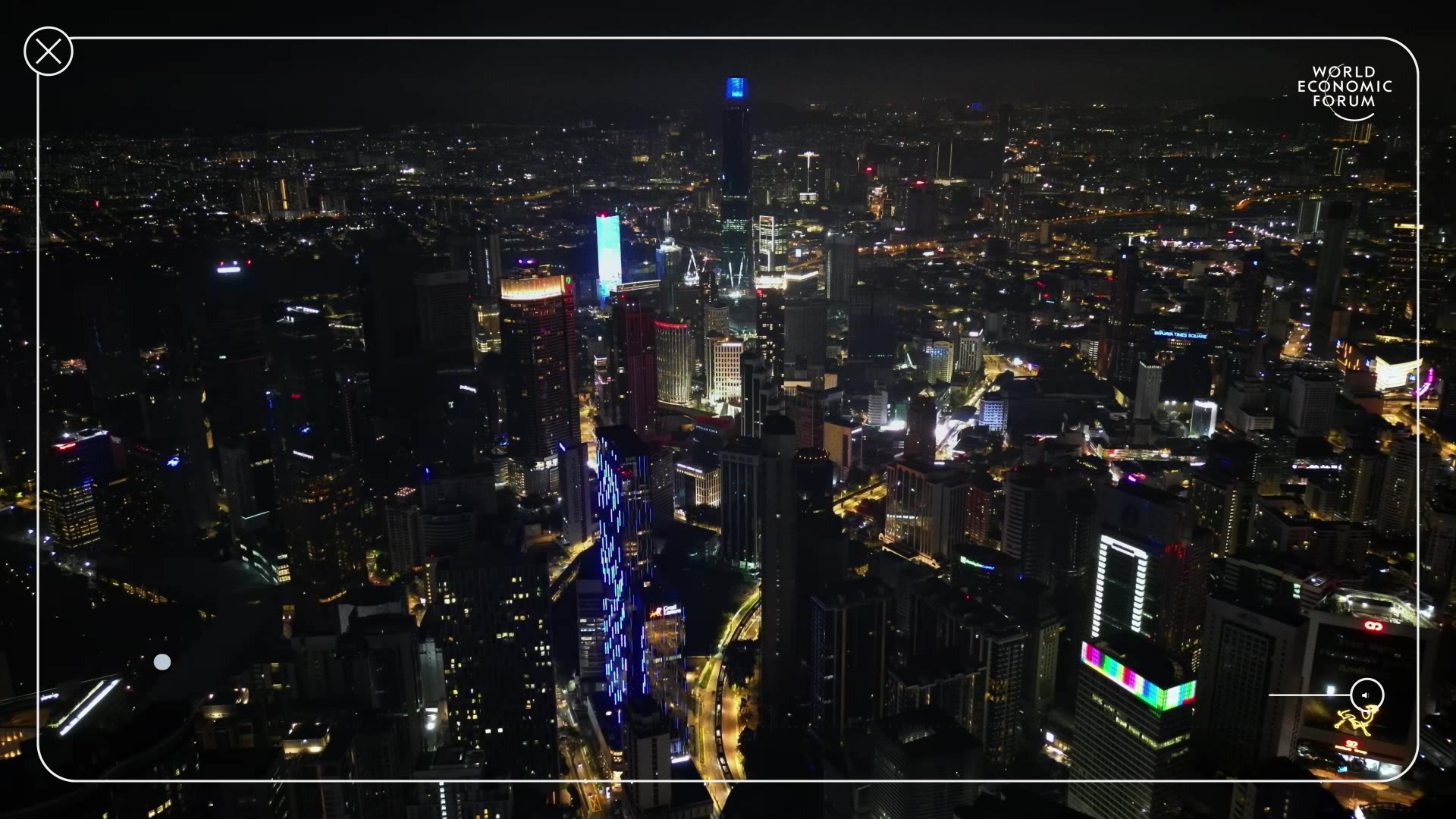Indonesia passes law to relocate capital to Borneo jungle

Jakarta suffers from chronic congestion, floods and air pollution. So, Indonesia passed the bill to move its capital to Borneo jungle Image: REUTERS/Willy Kurniawan

Get involved with our crowdsourced digital platform to deliver impact at scale
Stay up to date:
Long-Term Investing, Infrastructure and Development
- Indonesia's capital has just been relocated from Jakarta to a site within the jungle of Kalimantan on Borneo island after parliament approved the bill.
- It will strengthen supply chains and place Indonesia "in a more strategic position in world trade routes, investment flows, and technological innovation."
- The new city has a name chosen by President Jokowi - Nusantara, a Javanese term for the Indonesian archipelago.
Parliament on Tuesday approved a bill to relocate Indonesia's capital from Jakarta to a site deep within the jungle of Kalimantan on Borneo island, the most significant advancement of an idea the country's leaders have been toying with for years.
The new state capital law, which provides a legal framework for President Joko Widodo's ambitious $32 billion mega project, stipulates how development of the capital will be funded and governed.
Indonesia new capital
"The new capital has a central function and is a symbol of the identity of the nation, as well as a new centre of economic gravity," Planning Minister Suharso Monoarfa told parliament after the bill was passed into law.
The initial relocation will start from between 2022 and 2024, with roads and ports prioritised to enable access, with some projects operating as public private partnerships, the finance ministry said.
What is the World Economic Forum doing to promote sustainable urban development?
Plans to move the government away from Jakarta, a megacity of 10 million people that suffers from chronic congestion, floods and air pollution, have been floated by multiple presidents, but none have made it this far.
Jokowi, as the president is known, first announced his plan in 2019, but progress was delayed by COVID-19.
The new city has a name chosen by him - Nusantara, a Javanese term for the Indonesian archipelago - but no timeframe has yet been set for finalisation of the project, and Jakarta will remain the capital until a presidential decree is issued to formalise the change.
Nusantara would follow in the footsteps of new capitals in other countries, notably Brazil and Myanmar.
It will strengthen supply chains and place Indonesia "in a more strategic position in world trade routes, investment flows, and technological innovation," the government said in a statement.
Southeast Asia's largest economy has envisioned the new capital as a low-carbon "super hub" that will support pharmaceutical, health and technology sectors and promote sustainable growth beyond Java island.
But critics say the law was rushed through with limited public consultation and environmental assessments.
Nusantara will be led by a chief authority whose position is equivalent to a minister, deputy chair of the bill's special committee, Saan Mustofa, said on Monday.
One of those being considered for the position is Jakarta's former governor, Basuki Tjahaja Purnama, better known as Ahok.
Don't miss any update on this topic
Create a free account and access your personalized content collection with our latest publications and analyses.
License and Republishing
World Economic Forum articles may be republished in accordance with the Creative Commons Attribution-NonCommercial-NoDerivatives 4.0 International Public License, and in accordance with our Terms of Use.
The views expressed in this article are those of the author alone and not the World Economic Forum.
The Agenda Weekly
A weekly update of the most important issues driving the global agenda
You can unsubscribe at any time using the link in our emails. For more details, review our privacy policy.
More on Urban TransformationSee all
Lisa Chamberlain
April 25, 2024
Victoria Masterson
April 17, 2024
Fatemeh Aminpour, Ilan Katz and Jennifer Skattebol
April 15, 2024
Victoria Masterson
April 12, 2024







